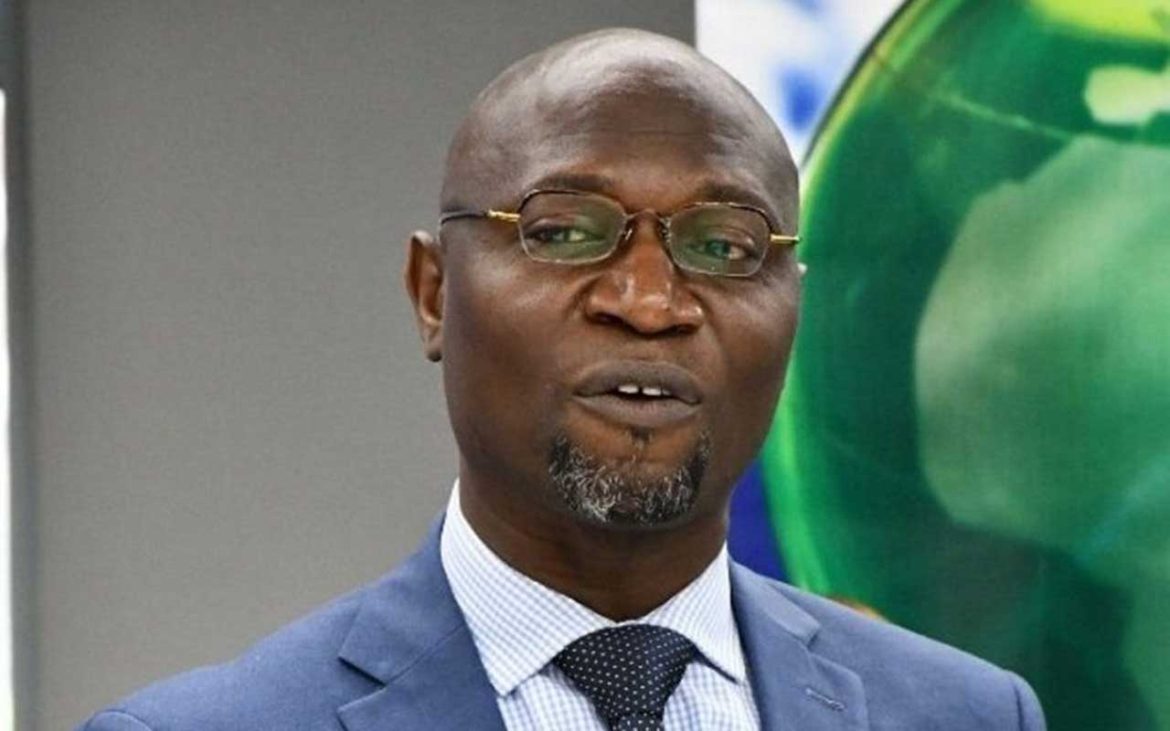549
By Daniel Adaji
Nigeria’s non-interest capital market has expanded to more than N1.6 trillion in value, according to the Securities and Exchange Commission (SEC).
The SEC Director-General, Dr. Emomotimi Agama, revealed the figures on Wednesday while speaking at the 7th African International Conference on Islamic Finance (AICIF) 2025 in Lagos.
He said the growth demonstrates investors’ rising confidence and the positive impact of reforms implemented under the Investments and Securities Act (ISA) 2025.
“The remarkable growth of the non-interest segment in Nigeria, a market now valued at over N1.6 trillion is clear evidence that when there is an enabling regulatory environment, the market responds with vigour,” Agama said.
He noted that Nigeria’s sovereign Sukuk programme has already raised more than N1.4 trillion through seven issuances since 2017, financing the construction and rehabilitation of 124 strategic roads spanning over 5,820 kilometres nationwide.
He added that the recent approval of a $500 million international Sukuk would open a new frontier for attracting ethical infrastructure financing.
Agama pointed out that the rapid expansion of Islamic finance in Africa reflects the continent’s readiness to adopt non-interest instruments as mainstream funding tools. He referenced Egypt, Kenya, Tanzania, Senegal, and Ghana as countries strengthening their legal frameworks to draw Shariah-compliant investments.
He also applauded Metropolitan Skills, organisers of the event, for championing Islamic finance growth and disclosed that the outcomes of the conference would contribute to the Second Nigerian Capital Market Masterplan (2026–2035), as the first plan rounds off this year. The SEC boss urged stakeholders to sustain efforts toward ethical investment and financial inclusion, noting that “prosperity without inclusion is not sustainable.”
In her remarks, the Conference Chair, Ms. Ummahani Amin, said Islamic finance has progressed significantly in Nigeria and across the continent but remains underutilized in addressing Africa’s massive infrastructure needs, estimated at between $130 billion and $170 billion annually.
She stated that global Islamic financial assets climbed 14.9 per cent year-on-year to $3.88 trillion in 2024, yet Africa’s contribution is still small due to limited liquidity, weak market systems, and low investor awareness.
“To enable Sukuk and other Islamic financial instruments serve as effective drivers of financial intermediation and macro-financial stability, we must first address the barriers that continue to constrain their growth,” Amin said.
She highlighted the growing influence of Artificial Intelligence (AI) in ethical finance, particularly in compliance and financial inclusion, but cautioned that innovation must be guided by accountability to maintain trust.
Amin added that collaboration would be critical in unlocking Africa’s prosperity, noting that the conference theme — “Africa Emerging: A Prosperous and Inclusive Outlook” — reflects a strong sense of optimism about the continent’s future.
Reinforcing that commitment, she announced that AICIF 2025, in partnership with the SEC, featured a startup pitch competition to empower young innovators.
ZannyTecture Recycling Company Limited emerged winner in the Social Impact category for transforming waste tyres and plastic bottles into eco-friendly products, while BetaLife Health took first place in the Technology category with its AI-powered blood supply optimization platform.
The Conference Chair also unveiled The Metropolitan Waqf, designed to expand access to education for underserved communities, especially those affected by conflict.



